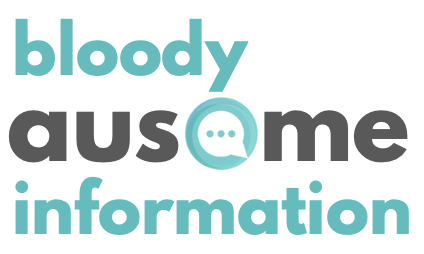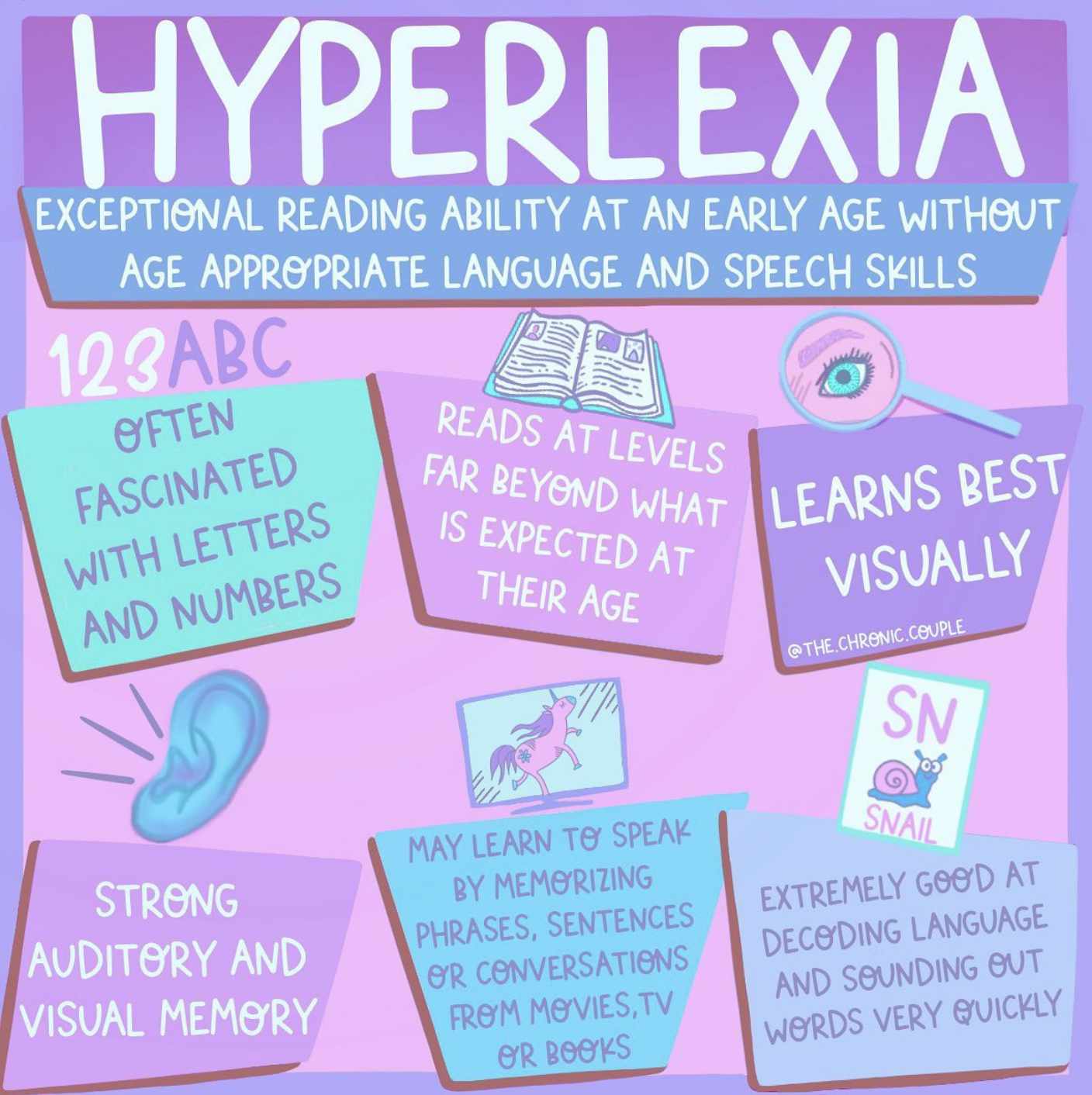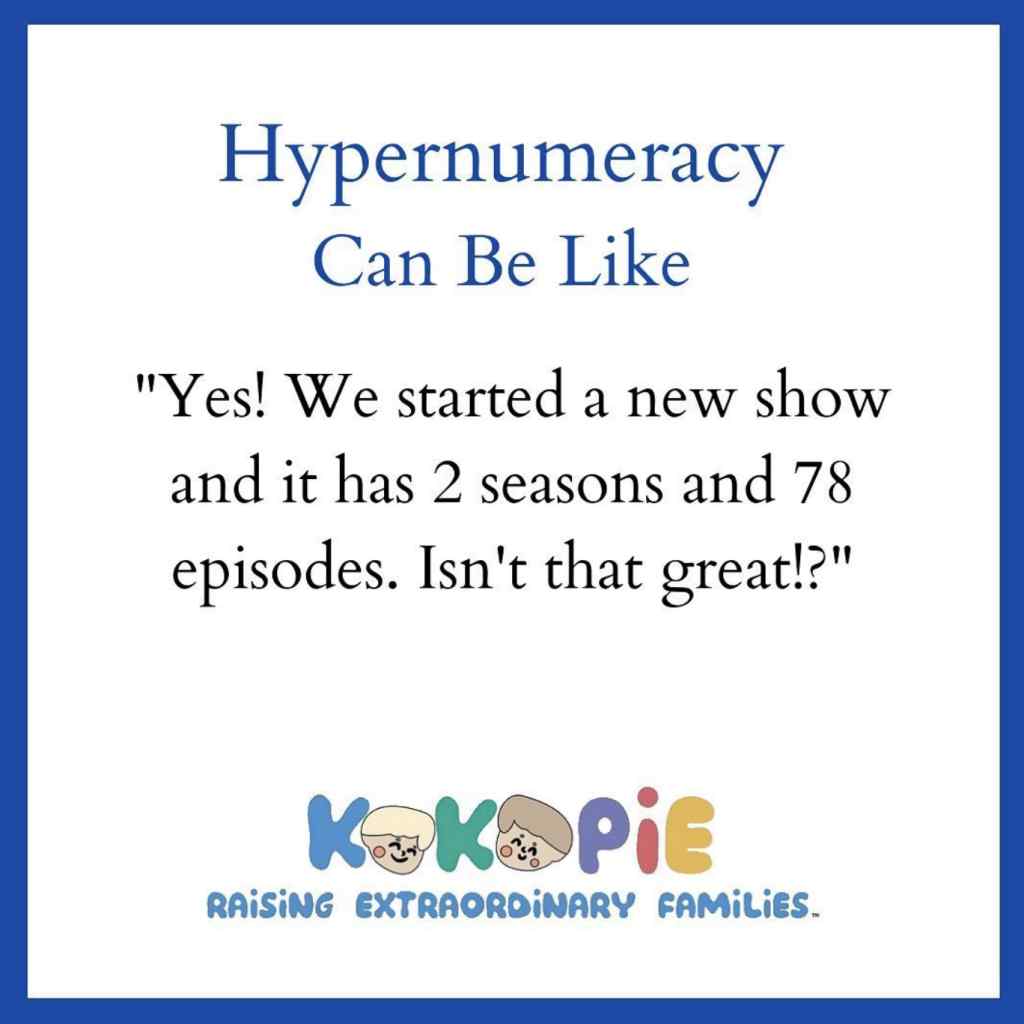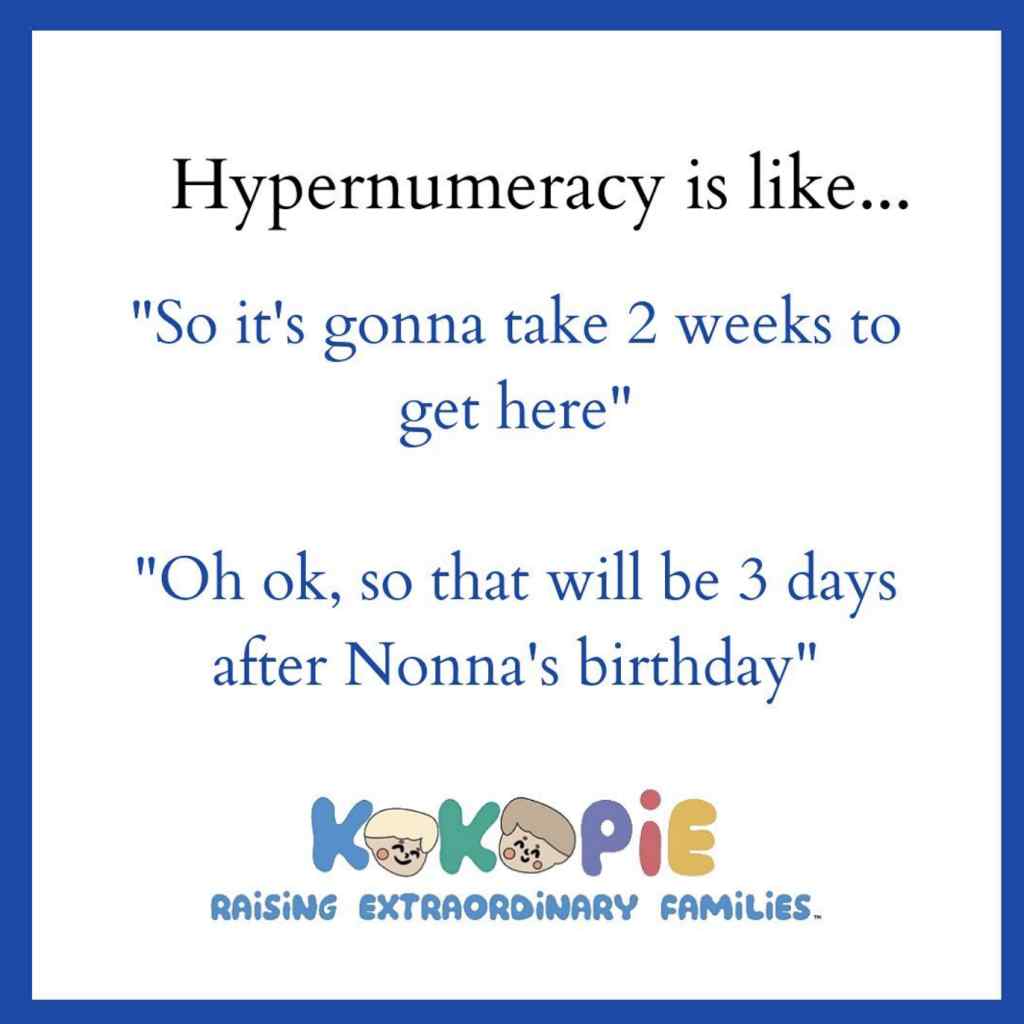What is Hyperlexia?
Hyperlexia is defined as exceptional reading ability at an early age without age-appropriate language and speech skills. It is a learning difference that is usually identified by language deficits.
‘Hyper’ means above or better than, while ‘lexia’ refers to reading.
Hyperlexia is characterised when a very young child has an unusually advanced reading ability. The child may either be gifted or may have a condition called hyperlexia. A child with hyperlexia may need intervention to gain communication skills, while a gifted child may need to be provided with more challenging material.
Source: @the.chronic.couple, 'Hyperlexia'
Children who exhibit hyperlexia don't learn to speak the way most children do. Children who have hyperlexia learn to speak in a different way by memorising phrases, sentences, or entire conversations from television, movies or books.
Children without hyperlexia develop language skills by learning how to make sounds while trying to understand their meanings and then typically advance to using words and then sentences.
Children who have hyperlexia rarely initiate or take part in interactive dialogues because conversations require people to dissect what they have memorised in order to recreate it into what appears as original expressions, which is something children with hyperlexia tend to find challenging.
Hyperlexia and Autism
Hyperlexia and Autism often go hand-in-hand and can be one of the first signs of Autism that parents notice.
Hypernumeracy
Hypernumeracy is known as 'hyperlexia but with numbers instead of letters' and is an advanced or self-taught ability to understand math and numbers in young children. It presents with an intense fascination with numbers, much like hyperlexia does with letters.
The traits or signs of hypernumeracy
- An intense fascination with numbers and math
- Doing maths at a level that is higher than what's expected for their age level and is self-taught
- Thinking in numbers and attempting to quantify everything
Children with hypernumeracy seem to think in numbers, live and breathe in numbers and attempt to quantify everything (and anything) in numbers.
Hypernumeracy goes beyond just being fascinated with numbers and good at math.
Source: @kokopiefamilies





